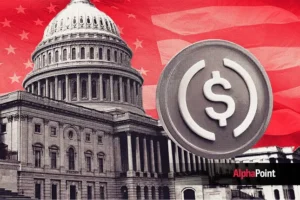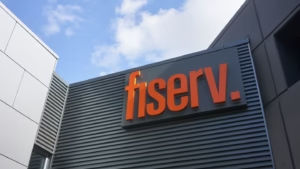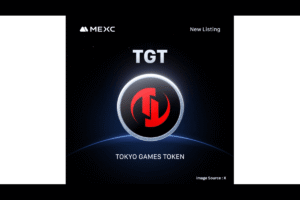In a landmark decision, the U.S. Supreme Court unanimously upheld the Food and Drug Administration’s (FDA) authority to deny applications for flavored vaping products, citing their potential health risks and appeal to younger audiences. The ruling, delivered on Wednesday, reversed a prior decision by the 5th Circuit Court of Appeals that had criticized the FDA for allegedly changing its evaluation criteria.
This case involved two companies—Triton Distribution and Vapetasia—whose flavored e-liquids featured names like “Killer Kustard Blueberry,” “Rainbow Road,” and “Pineapple Express.” These products were part of a broader category of flavored e-cigarettes that the FDA banned in 2021 due to concerns over their addictive properties and popularity among youth.
The Supreme Court’s Decision
Justice Samuel Alito, writing for the court, emphasized that the FDA acted within its regulatory authority. He acknowledged that while the companies might have perceived inconsistencies in the FDA’s evaluation process, there was no evidence to suggest the agency improperly shifted its stance on scientific evidence or effectiveness standards. The court concluded that the FDA’s denial orders adhered to established legal guidelines.
The ruling also highlighted the FDA’s responsibility under the Tobacco Control Act of 2009, which requires manufacturers to demonstrate that their products are “appropriate for the protection of public health.” The court found that Triton and Vapetasia failed to meet this standard, particularly given the products’ appeal to younger users.
Background on Flavored Vapes
Flavored e-cigarettes have been a contentious issue since their introduction to the U.S. market in 2007. Initially marketed as a safer alternative to traditional cigarettes, e-cigarettes gained widespread popularity, especially among teenagers. By 2016, an estimated 11.2 million American adults were using these devices.
In response to rising concerns about youth nicotine addiction, the FDA began cracking down on flavored vaping products. The agency has rejected applications for over a million flavored nicotine products, including those resembling candy, fruit, and dessert flavors. However, it has approved some tobacco-flavored and menthol-flavored vapes for adult smokers who seek alternatives to traditional cigarettes.
Public Health Implications
Advocates for stricter vaping regulations hailed the Supreme Court’s decision as a victory for public health. Yolonda Richardson, CEO of the Campaign for Tobacco-Free Kids, described it as “a major step forward in protecting America’s youth from nicotine addiction.” She noted that flavored e-cigarettes have played a significant role in fueling a youth vaping epidemic.
The ruling underscores the FDA’s commitment to prioritizing public health over commercial interests. By rejecting flavored vape applications, the agency aims to curb nicotine addiction among young people while allowing adult smokers access to less harmful alternatives.
Industry Response
Triton Distribution and Vapetasia argued that the FDA had not provided adequate notice of changes in its evaluation criteria. They claimed this lack of transparency made it difficult for them to meet regulatory requirements. Despite these objections, the Supreme Court sided with the FDA, affirming its authority to enforce stringent standards for new tobacco products.
The vaping industry has faced increasing scrutiny in recent years, with numerous lawsuits challenging FDA denials of flavored vape applications. While this ruling strengthens the agency’s position, it also highlights ongoing tensions between public health advocates and manufacturers seeking market access.
Looking Ahead
Although this decision represents a significant victory for regulators, it is not necessarily the final chapter in the battle over flavored vapes. The case has been sent back to the 5th Circuit Court of Appeals for further review, leaving room for additional legal challenges.
For now, however, the Supreme Court’s unanimous ruling reinforces the FDA’s ability to regulate e-cigarettes and protect vulnerable populations from nicotine addiction. As debates over vaping continue, this decision serves as a reminder of the importance of balancing innovation with public health priorities.













